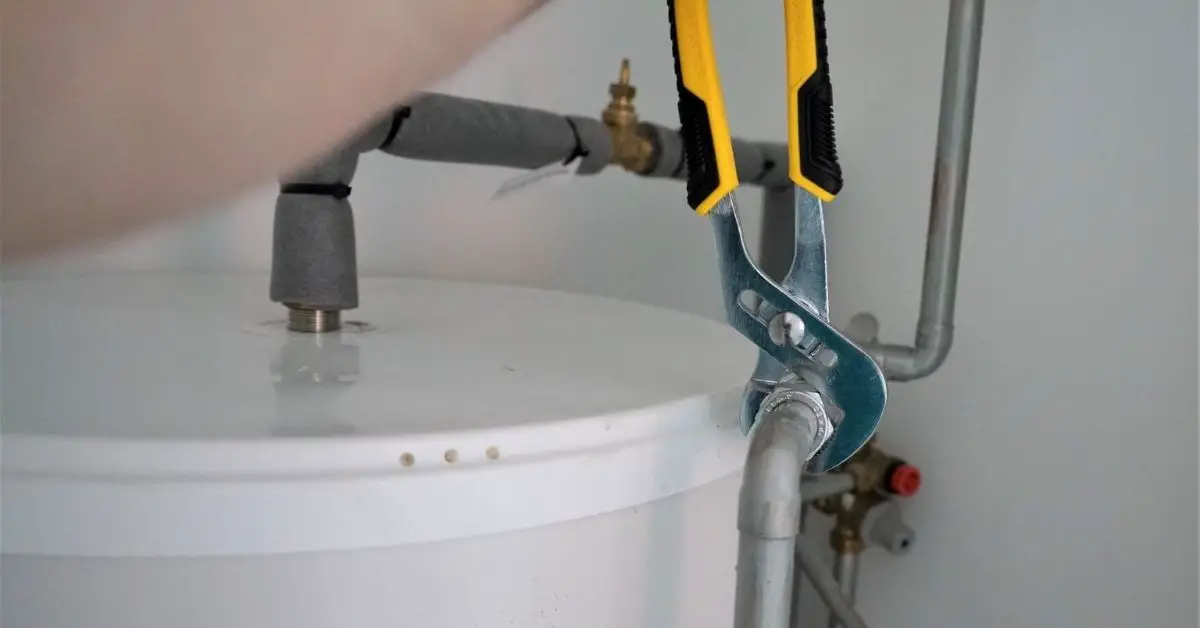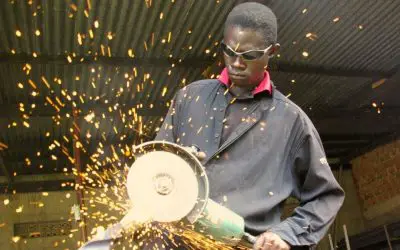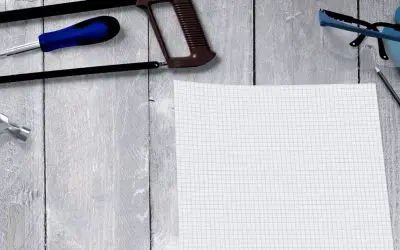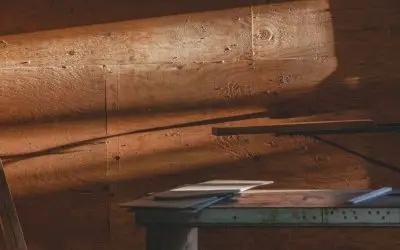Share

If you have a clog in your plumbing, then you might need to call a plumber. One type of plumber that may be able to help with this is called a breacher. This article will cover how the breacher’s job works and what their responsibilities are. So if you want to know more about this line of work read on!
What is a Breacher for Plumbing?
A Breacher can be defined as a person who has a special set of skills and knowledge in plumbing. They work with pipes, water systems, sewer lines, and other aspects related to the infrastructure found under streets and roads. This is all done in order to ensure that everything functions properly for the benefit of everyone involved.
This job can be very dangerous at times due to many reasons such as: working around high voltage electrical equipment, working near open trenches, having access to chemicals like gasoline or oil, taking part in excavation projects when there is hard rock close underground, etc.
All these hazards are worth being aware of, so keep them top of mind if you’re thinking about this type of career!
Why Would You Need a Breacher?
The main reason you might need to hire a breacher is if you have a clog in your plumbing. The main reason people get clogs and blockages happen so much is the type of things we flush down them, such as hair, oil, grease, feminine hygiene products, etc.
All these items don’t break apart like toilet paper. Instead, they can become stuck or accumulate together to form big problems until it’s removed by someone experienced with dealing with this sort of thing on a regular basis.
Moreover, sometimes you might need to hire a breacher if your sewer line is damaged. This can happen over time due to the wear and tear of many different elements such as natural disasters, extreme weather conditions, or human activity like construction. If this happens, they’ll be able to help with repairs so that everything runs smoothly again!
How Do Breachers Work?
The way a breacher works is pretty straightforward. It will basically break up anything that gets in its path, including roots that can grow from tree roots and other sources. They use various tools such as saws, cutters, pliers, etc., to get the job done effectively and safely without causing any further damage.
One of the main requirements for this line of work is having great hand-to-eye coordination because you need to be able to tell where everything is inside a pipe or sewer line even if it’s just an inch away! You also need enough strength to carry out your responsibilities daily, so keep those two things in mind if you’re thinking about becoming one yourself!
If your plumbing has become clogged up with something solid like hair, then they’ll use industrial drain cleaner chemicals, which are highly corrosive (meaning very destructive to specific materials). These chemicals will be poured into the clog itself to eat away at it until it can be easily removed by hand or with a tool like tongs.
Another part of their job is removing old sewer lines, usually when there are serious repairs being done on them, so they have to go completely! The way this works is all steps are taken in advance prior to actually breaking out the line so that only what needs replacing gets replaced and not anything else down the line.
It’s always recommended that you contact your plumber soonest if they cannot discover another way to clear out stoppages within pipes and other tubing materials like PVC or copper.
Once gas lines become clogged up, things get extremely dangerous really fast! Gas leaks are known causes for explosions, so make sure any blockage gets cleared away immediately before someone becomes injured.
Make sure to clean your plumbing tools after use, and always wear protective clothing and safety equipment when working around chemicals of any kind. If you also want to know what is first fix plumbing, then check out our blog post.



0 Comments